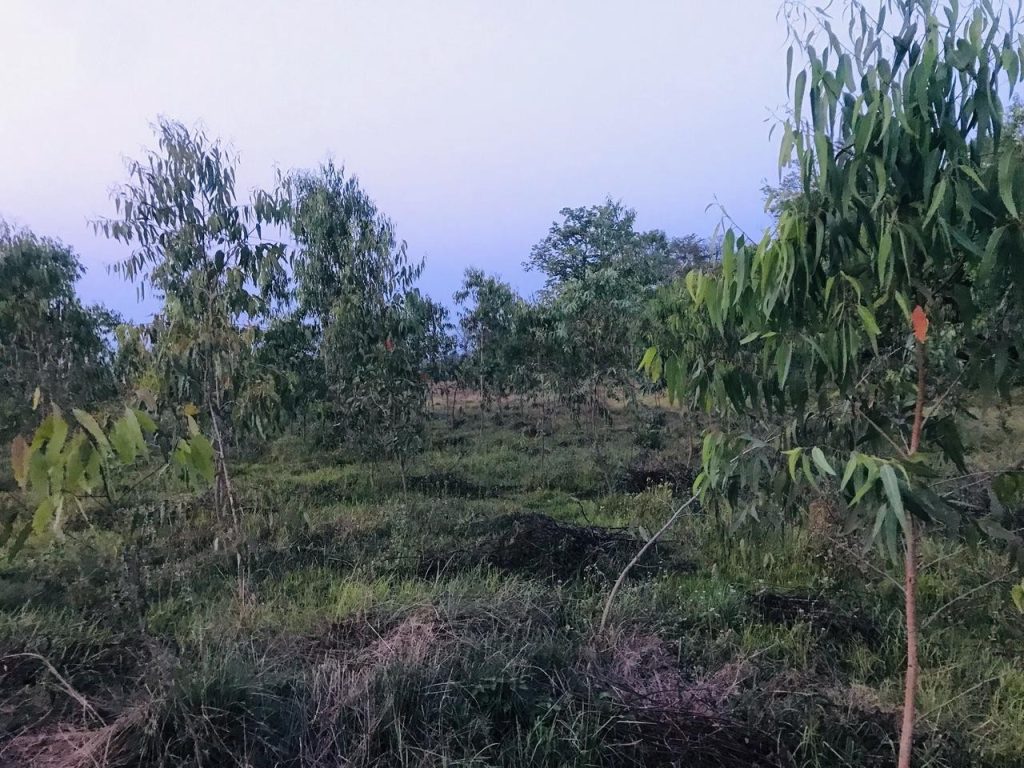SAHAS Nepal, in partnership with Felm Nepal, carried out a reforestation project in Kailali, Sudurpaschim Province.

“Together, we planted more than just trees, we planted hope”, Amita Chaudhary, president of the Muktamahila Community Forest User Committee from Kailari Rural Municipality, Kailali, says.
SAHAS Nepal, in partnership with Felm Nepal, carried out a reforestation project in Kailari Rural Municipality, Kailali, Sudurpaschim Province. Together with the local community, the grazing land turned into a green and growing forest. This effort not only helped fight climate change but also brought new hope and strength to the people living there.
The project successfully planted a total of 12,975 saplings across 10 hectares of land; 3 hectares in the reactivated Muktamahila Community Forest and 7 hectares in the newly formed Simana Community Forest. The saplings included a variety of timber, fruit, fodder, and bamboo species, carefully selected to support both the environment and community needs.
Local people at the center
With support from the Division Forest Office, the previously inactive Muktamahila Community Forest User Group (CFUG) was reactivated after five years, and the Simana CFUG was newly registered to manage 12.6 hectares of previously unused land.
This initiative placed local people at the center. A total of 155 CFUG members actively participated by volunteering in land preparation, planting, and caring for the saplings. To ensure the long-term sustainability of the effort, a nursery was also established with 3,000 saplings ready for future planting needs.
The planted areas were protected using fencing wires, bamboo bio-fencing, and 130 cemented pillars, all built with the help of the community. The members contributed labour worth NPR 632,400, showing strong ownership and dedication.
The project also received strong support from the local government, Division Forest Office, and other partners. They didn’t just monitor the work, they actively contributed by providing 8,000 saplings, fencing materials, and technical support worth NPR 240,000. Their help made the project even more effective and widened its positive impact on the community and environment.
Confidence built in the community
More than just restoring land, the project helped build knowledge and confidence in the community. Training sessions on climate change, bamboo cultivation, and disaster risk reduction gave local people important tools to face environmental challenges. Many households also started planting fruit trees in their own yards, contributing to better food security and new income opportunities for the future.
The reforested land now acts as a natural barrier against soil erosion, supports biodiversity, and contributes to carbon sequestration. Most importantly, it shows what is possible when communities work together with shared goals and strong support.
This project is not just about planting trees, it’s about planting a better future for both people and nature. Through cooperation, learning, and dedication, a once barren area is now on its way to becoming a thriving forest that will benefit generations to come.
Text: Pradip Sagar Tiwari, Felm Nepal’s Area Manager, Dhangadhi